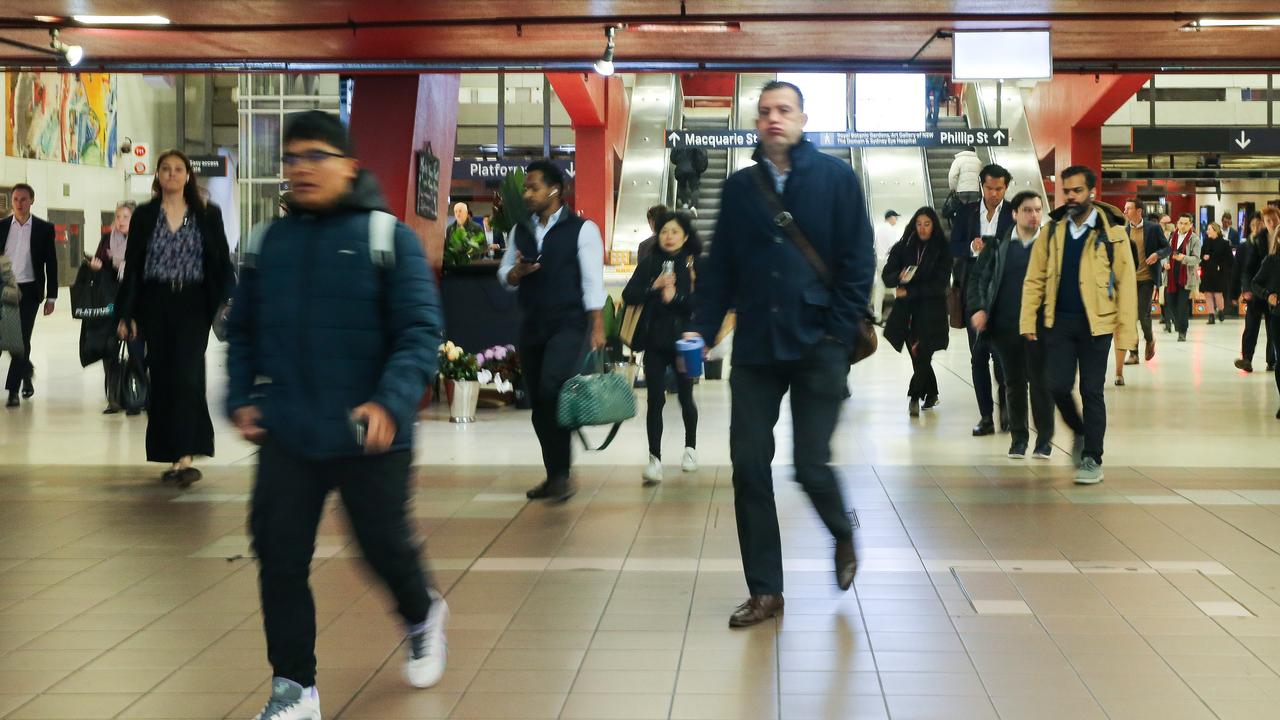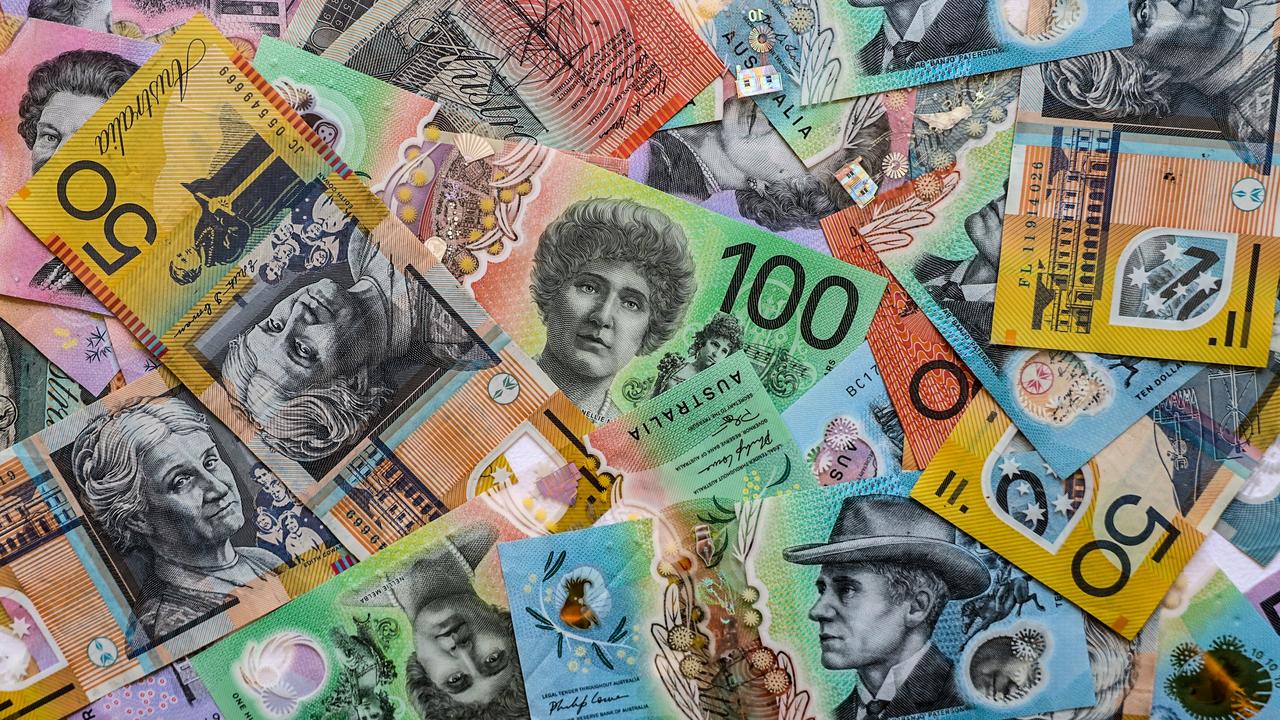Plain packaging, bicycle helmet laws, nightclub lockouts: Has the nanny state gone too far?
NOTHING stirs up the emotions quite as much as the debate around the so-called nanny state. But do we need our government to baby us?
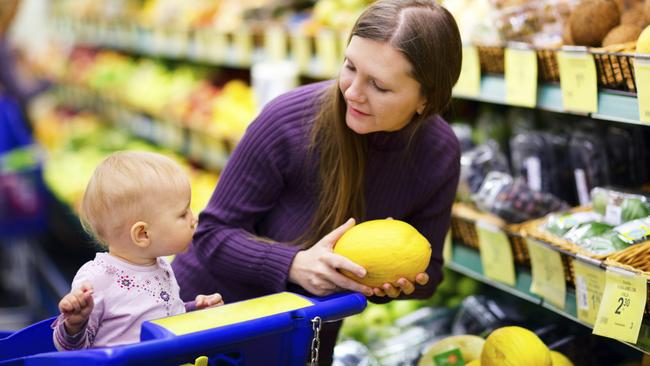
Economy
Don't miss out on the headlines from Economy. Followed categories will be added to My News.
NOTHING stirs up the emotions quite as much as the debate around the so-called nanny state.
Plain packaging, 1:30am lockouts, bicycle helmet laws — public health advocates say it’s all for the greater good, but libertarians say they erode personal responsibility and impose burdensome red tape.
The issue of the nanny state raised its head again this week with the second of four planned hikes to the tobacco excise, expected to discourage people from smoking. Cigarette prices are set to rise by $1.41 for a pack of 25.
Supporters of the former Gillard Government often claimed a measure of its success was the passing of more than 500 bills into legislation — or 21,000 additional regulations.
For its part, the Abbott Government claims it wants to cut $1 billion in red tape every year through its Red Tape Repeal Days to remove unnecessary, costly or outdated legislation.
So, how much regulation is too much?
Simon Breheny, editor of the FreedomWatch blog at free-market think tank the Institute of Public Affairs, thinks Australians are smarter than politicians give us credit for.
“They should trust us to learn from our mistakes and, in the process, make better decisions about our lives,” he said. “The nanny state isn’t just a niggling, annoying voice in the background — it’s a fundamental undermining of personal responsibility.
“There are legitimate and illegitimate roles for government, and trying to influence decisions about alcohol or smoking or food choices that people make is an illegitimate role for government.”
Every new law restricting choices that people can make adds to Australia’s regulatory burden, Mr Breheny said, which can have an enormous effect on the economy.
“Rather than spending time being productive and improving lives, business owners have to spend their time filling out forms and applying for permits.”
On the other side of the debate is Dr Stephen Parnis, an emergency physician and vice president of the Australian Medical Association. Dr Parnis believes regulations around smoking, alcohol and junk food are justified from a public health perspective.
“’Nanny state’ is a wonderful throwaway term people love to use, but no one ever complains about the nanny state when they’re in a public hospital and I’m trying to save their life,” he said.
“We don’t live in isolation. We have a collective responsibility to each other, that’s what living in a society is all about. If we let these problems deteriorate, the cost of treating the effects of alcohol, smoking and obesity falls on everyone else’s shoulders.”
Dr Parnis said while it was the duty of health professionals to respect the right of the patient to make their own decisions once they had been provided all the information, sometimes it wasn’t as simple as that.
“There are clearly exceptions when the patient is not in a fit state to make those decisions — children, people with mental illness. Plus there are a lot of people in denial about health problems, such as someone who is seriously overweight.
“We need to tell people what they need to hear, not what they want to hear. That applies whether it’s at the individual or community level.”
NANNY STATE OR NECESSARY?
PLAIN PACKAGING
One of the most divisive public health policies in recent times, cigarette plain packaging laws were introduced by the former Gillard Government in a bid to cut down on smoking rates. The Rudd Government also took aim at smokers with a four-stage hike in the tobacco excise.
Opponents claim the removal of branding is nanny state at its worst and has actually led to an increase in consumption of cheaper or black-market cigarettes. Supporters claim the laws, combined with the higher taxes, have had the desired effect.
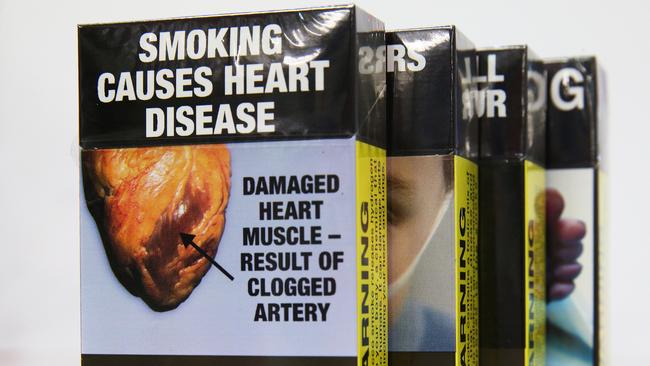
LOCKOUT TIMES
In March this year, the NSW government introduced 1:30am venue lockouts and 3:00am last drinks in Sydney’s Kings Cross in a bid to cut down on late-night alcohol-fuelled violence, following success of a similar scheme in Newcastle.
While violence inside venues has decreased, statistics released in June showed the number of assaults outside licensed venues nearly doubled after the laws came into effect. Nightclub identity John Ibrahim says the real winner has been The Star casino.
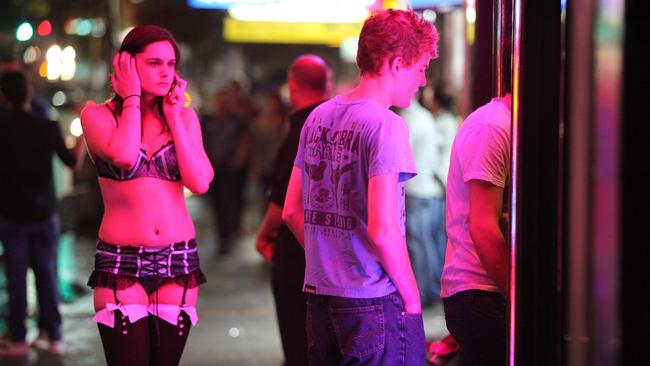
ADVERTISING BANS
Advertising in Australia is governed by a raft of regulations relating to things such as marketing to children, fast food, financial products and alcohol. For example, it is forbidden to relate the consumption of alcohol to sexual success in an advertisement.
The Advertising Standards Bureau, which administers the various self-regulatory codes, investigated 455 ads in 2013, 14 per cent of which were found to be in breach of the Australian Association of National Advertisers Code of Ethics.
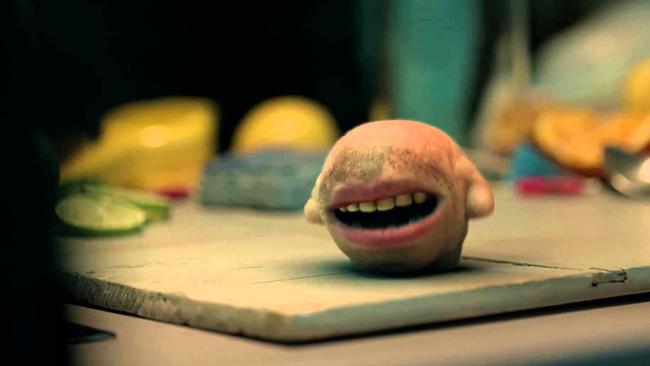
WEBSITE AGE GATES
As part of the regulations around marketing to children, alcohol brands’ websites are required to have an age gate to check if the user is over 18. Given there is no way to verify the user is actually over 18, the requirement is all but meaningless.
As Sam Court of advertising agency The White Agency writes: “I don’t remember ever having to tell a television commercial or billboard my age before it tried to shout its message at me ... Don’t waste visitors’ time with a question that they’ll lie about anyway.”
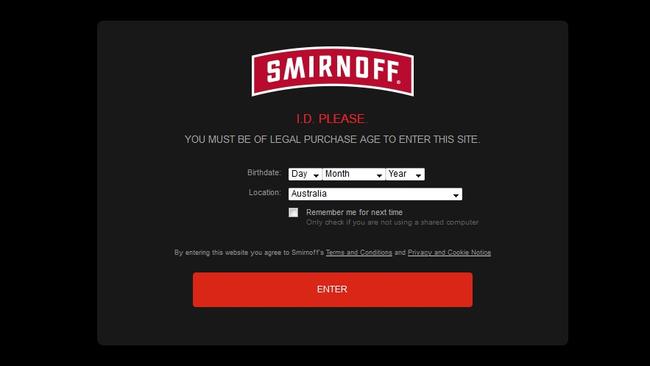
BICYCLE HELMETS
Only two nations in the world enforce mandatory bicycle helmet laws: Australia and New Zealand. Supporters of the laws say helmets save lives, while opponents say they discourage people from cycling and, counterintuitively, make it more dangerous — more bikers would mean more biker awareness, hence safer roads, the argument goes.
In Melbourne, a $5.5 million bike share scheme isn’t putting bums on seats, and bicycle blogger Mike Rubbo puts that down to the helmet laws. Fewer than 70 trips a day are being made on the 600-bike system, he says, while a comparable scheme in Canada, which does not have compulsory helmet laws, is a raging success.
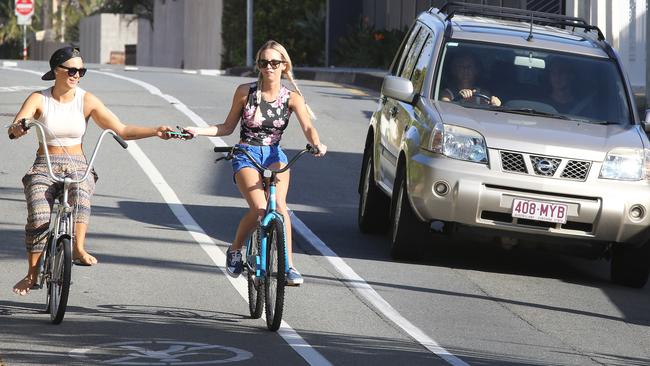
Has the nanny state gone too far? Or do Australians need to be saved from themselves? Leave your comments below or email the writer at frank.chung@news.com.au
Originally published as Plain packaging, bicycle helmet laws, nightclub lockouts: Has the nanny state gone too far?


